Discover the truth behind popular nutrition beliefs that may be sabotaging your health goals.
Nutrition advice is everywhere—from social media influencers to well-meaning friends. But not everything you hear about food is backed by science. Many widespread diet myths can lead to confusion, unhealthy habits, or even weight gain. Let’s clear things up with 10 common diet myths debunked by science.
🥐 Myth 1: Carbs Make You Fat
The Truth:
Carbohydrates are not inherently fattening. Weight gain happens when you consume more calories than your body burns—whether from carbs, fat, or protein. In fact, whole carbs like fruits, vegetables, and whole grains are packed with fiber, vitamins, and minerals that support good health and aid in weight loss by making you feel full longer.
✅ Choose smart carbs like oats, quinoa, brown rice, and legumes—not refined carbs like white bread or sugary snacks.
🧈 Myth 2: Eating Fat Makes You Fat
The Truth:
Healthy fats are essential for hormone production, brain function, and cell health. Not all fats are equal—trans fats and excessive saturated fats can harm your health, but unsaturated fats from foods like avocados, nuts, and olive oil are beneficial.
🥑 Incorporate healthy fats in moderation to feel fuller and improve nutrient absorption.
🧃 Myth 3: Juice Cleanses Detox Your Body
The Truth:
There’s no scientific evidence that juice cleanses remove toxins. Your liver, kidneys, lungs, and skin already detoxify your body naturally. Juice cleanses often lack fiber and can cause blood sugar spikes.
🥦 Instead, eat a balanced diet rich in whole plant foods to support your body’s natural detox systems.
🧂 Myth 4: Low-Calorie Diets Are the Best Way to Lose Weight
The Truth:
Severely restricting calories may cause short-term weight loss, but it often leads to muscle loss, nutrient deficiencies, and a slower metabolism. Long-term, you may gain back more weight than you lost.
🥗 A moderate calorie deficit, combined with exercise and balanced meals, is more sustainable and healthier.
🍳 Myth 5: Eggs Are Bad for Your Heart
The Truth:
Studies show that for most people, moderate egg consumption (1–2 eggs per day) doesn’t raise heart disease risk. While eggs contain cholesterol, dietary cholesterol has less impact on blood cholesterol levels than once believed.
🍳 Eggs are a good source of protein, choline, and vitamins B12 and D.
🥛 Myth 6: You Need Dairy for Strong Bones
The Truth:
While dairy contains calcium, it’s not the only source. Many populations with low dairy intake have low fracture rates. Other important bone-building nutrients include vitamin D, magnesium, vitamin K, and protein.
🌿 Try fortified plant milks, leafy greens, tofu, almonds, and canned fish with bones for calcium.
🍫 Myth 7: “Natural” or “Organic” Foods Are Always Healthier
The Truth:
Labels like “natural” and “organic” don’t guarantee a food is healthy. An organic cookie is still a cookie with sugar and fat. Many “natural” products are highly processed and can still be full of sodium or preservatives.
🔍 Always read the nutrition label—not just marketing claims.
🕐 Myth 8: Eating Late at Night Causes Weight Gain
The Truth:
Weight gain depends on total daily calorie intake, not the time you eat. That said, late-night eating often involves mindless snacking or high-calorie comfort foods.
🍽️ If you’re truly hungry, eat a light, nutritious snack like Greek yogurt or a banana—not chips or ice cream.
🥤 Myth 9: Diet Sodas Help with Weight Loss
The Truth:
While diet sodas contain few or no calories, some studies suggest they may stimulate cravings for sweets and disrupt appetite regulation. They may also be associated with increased belly fat and metabolic issues in the long term.
💧 Choose water, herbal teas, or infused water with lemon and mint as healthier alternatives.
🧃 Myth 10: You Need Supplements to Be Healthy
The Truth:
Most people can get all the nutrients they need from a balanced, varied diet. Supplements are helpful in certain cases (like vitamin D deficiency), but they’re not a replacement for healthy eating.
🍽️ Focus on whole foods rich in vitamins and minerals. Talk to a doctor before starting any supplement.
🌟 Final Thoughts
It’s easy to fall for diet myths when they’re repeated often, but blindly following them can lead to poor nutrition and frustration. Science shows us that balance, variety, and moderation are the keys to lifelong health—not fads or extreme restrictions.
💡 Trust evidence over trends. Eat whole foods, listen to your body, and seek guidance from qualified health professionals—not influencers.
📌 Quick Recap: 10 Diet Myths Busted
| Myth | Busted Truth |
|---|---|
| Carbs make you fat | Whole carbs are healthy |
| Fat is bad | Healthy fats are essential |
| Juice cleanses detox | Your body detoxes itself |
| Low-calorie = better | Too little food slows metabolism |
| Eggs cause heart disease | Eggs are generally heart-safe |
| Dairy is a must | Many foods have calcium |
| Natural = healthy | Not always true |
| Late eating = weight gain | Total calories matter more |
| Diet soda helps weight | May increase cravings |
| Supplements are necessary | Food first is best |
ABOUT THE AUTHOR
Dr. Nora West is a highly skilled MBBS doctor with a special interest in women’s health and patient education. She is dedicated to providing compassionate care and believes in building strong doctor–patient relationships based on trust and understanding. Dr. Nora focuses on empowering her patients with the knowledge they need to make informed decisions about their health. She is particularly passionate about preventive medicine, nutrition, and lifestyle interventions that can significantly improve quality of life. Known for her warmth and professionalism, Dr. Nora combines evidence-based medicine with a personalized approach, ensuring every patient feels supported on their journey to better health.
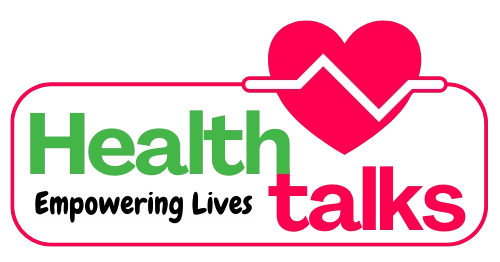
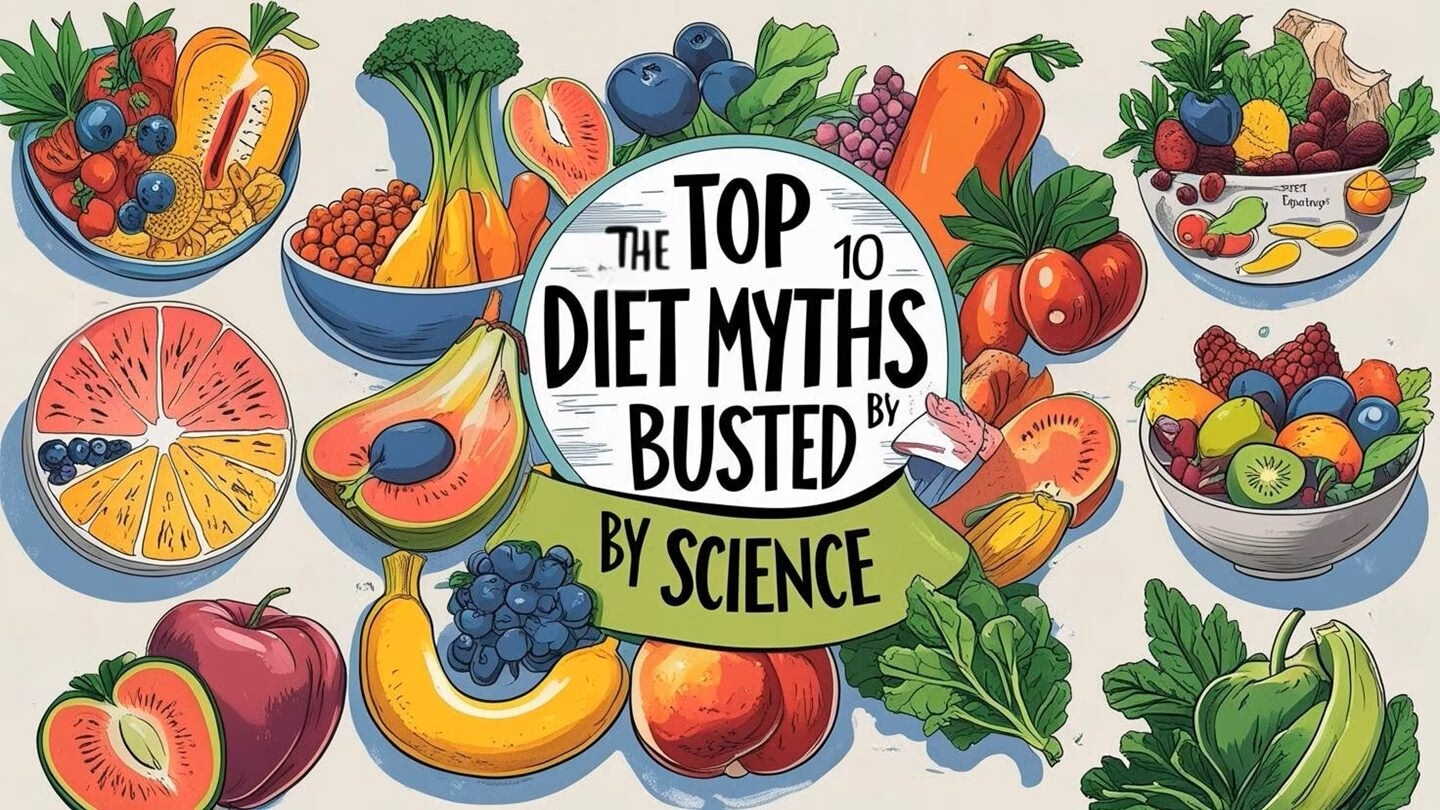
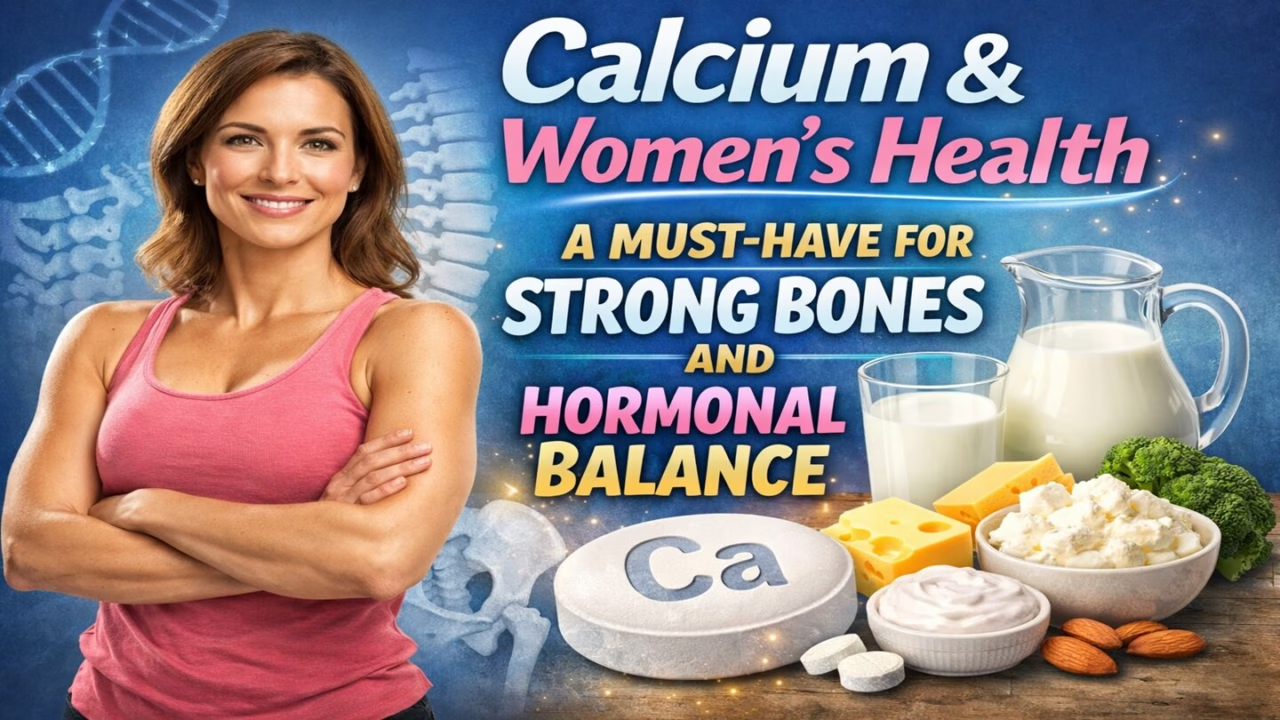

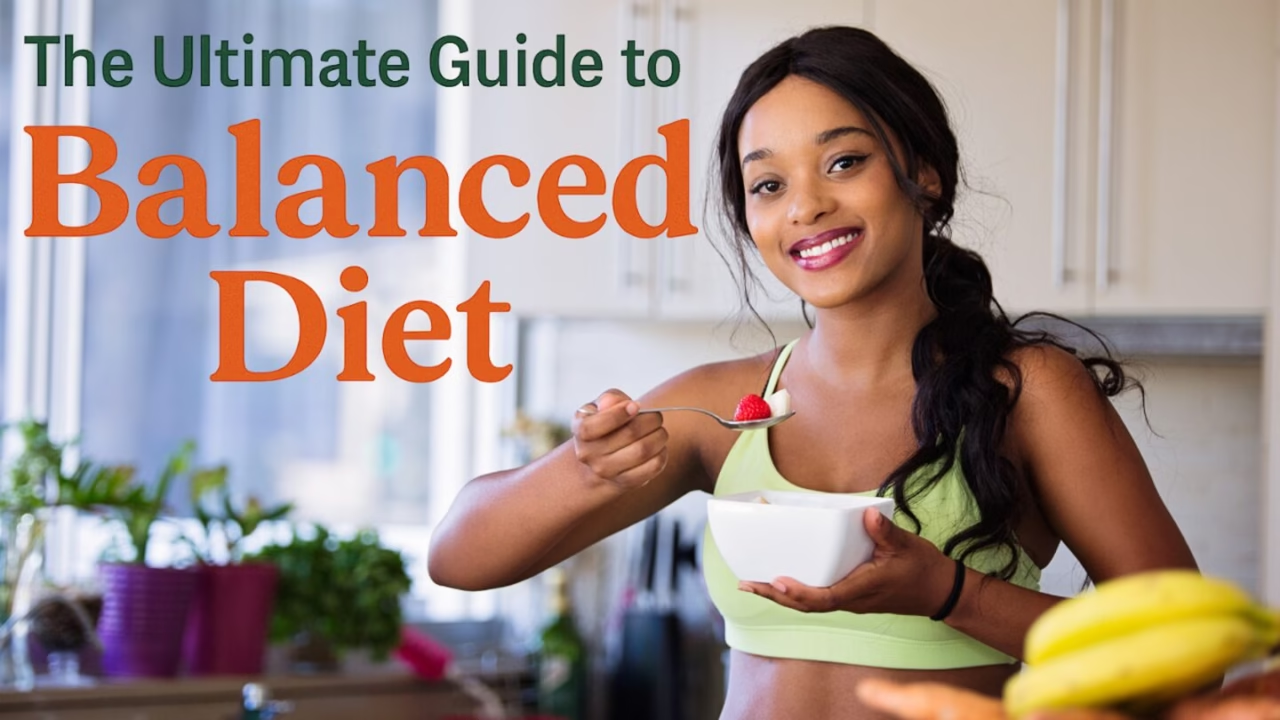
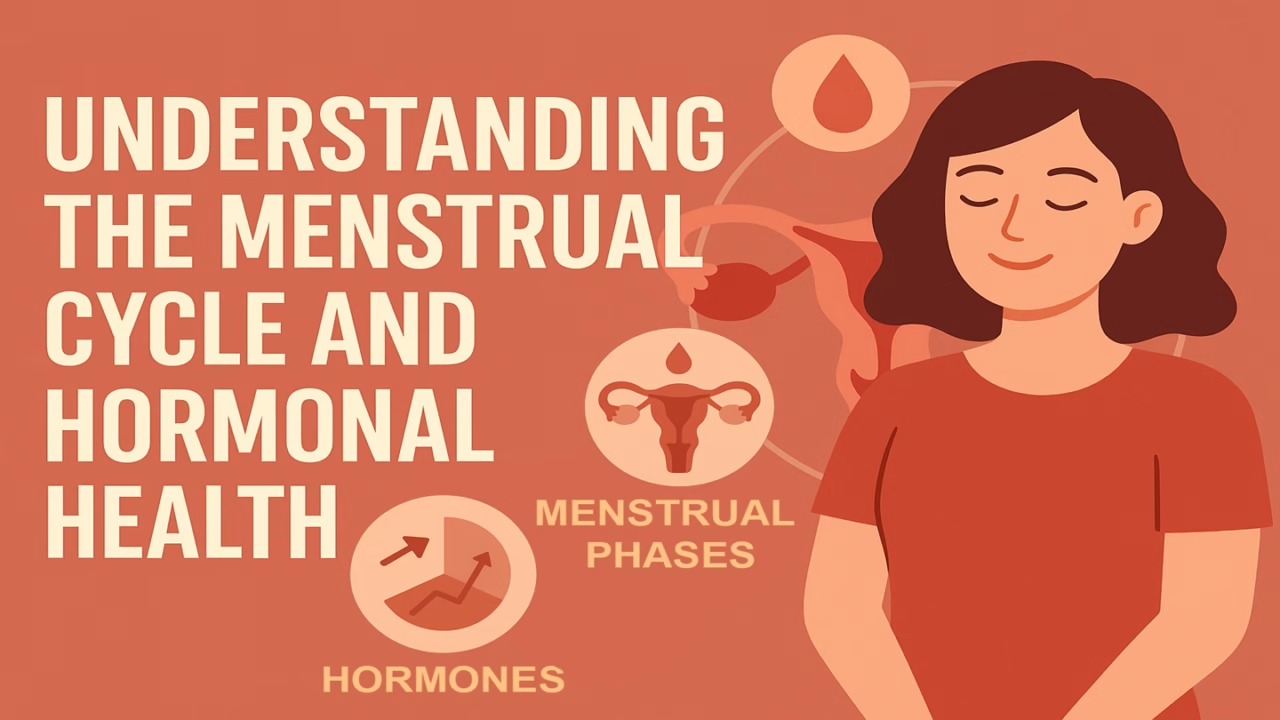
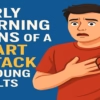

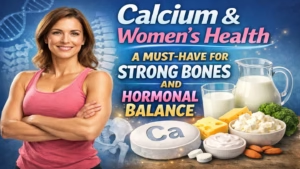


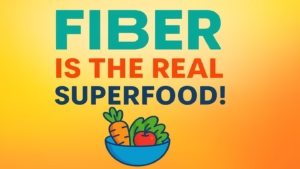
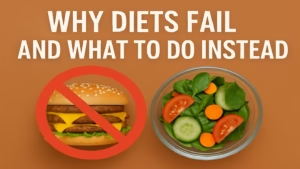
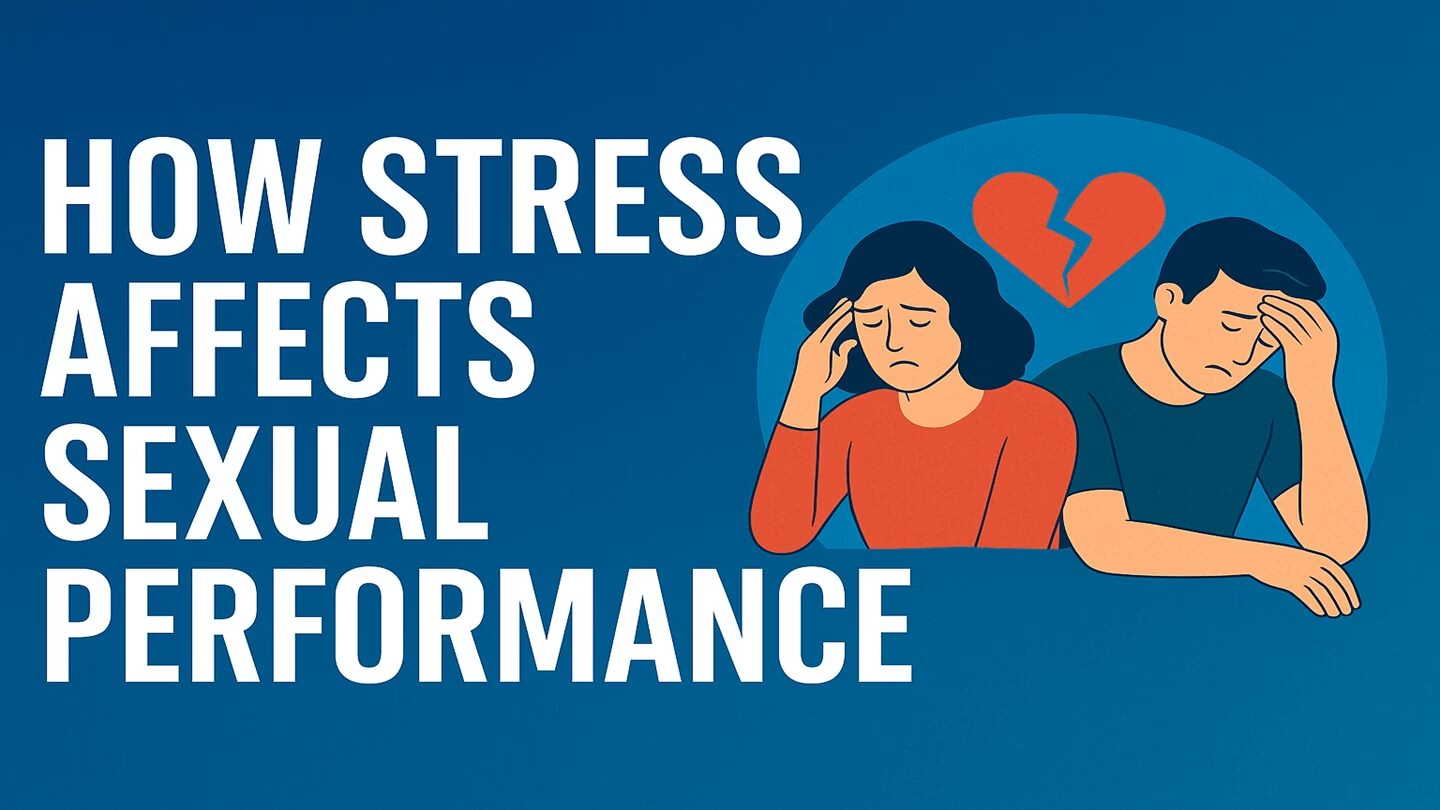
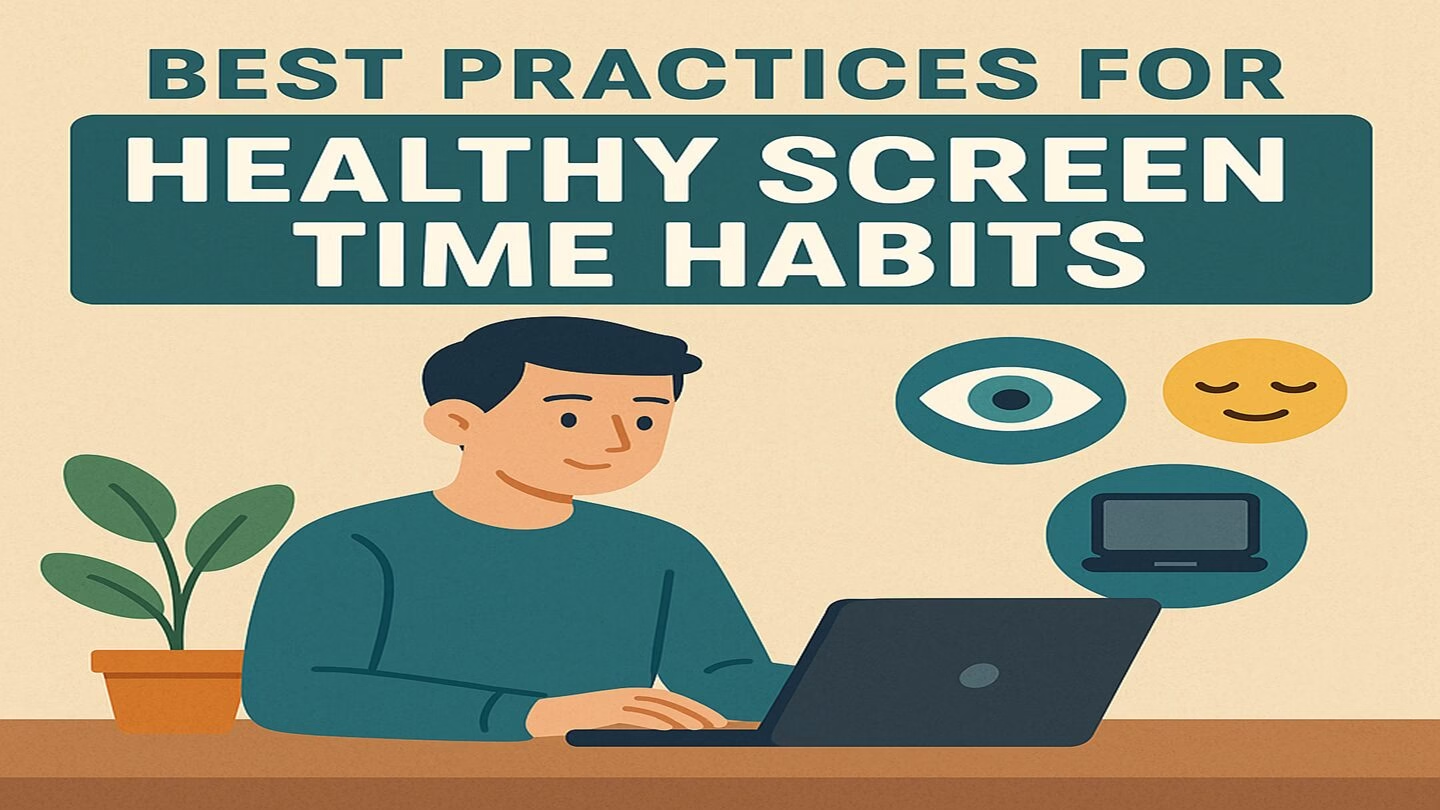

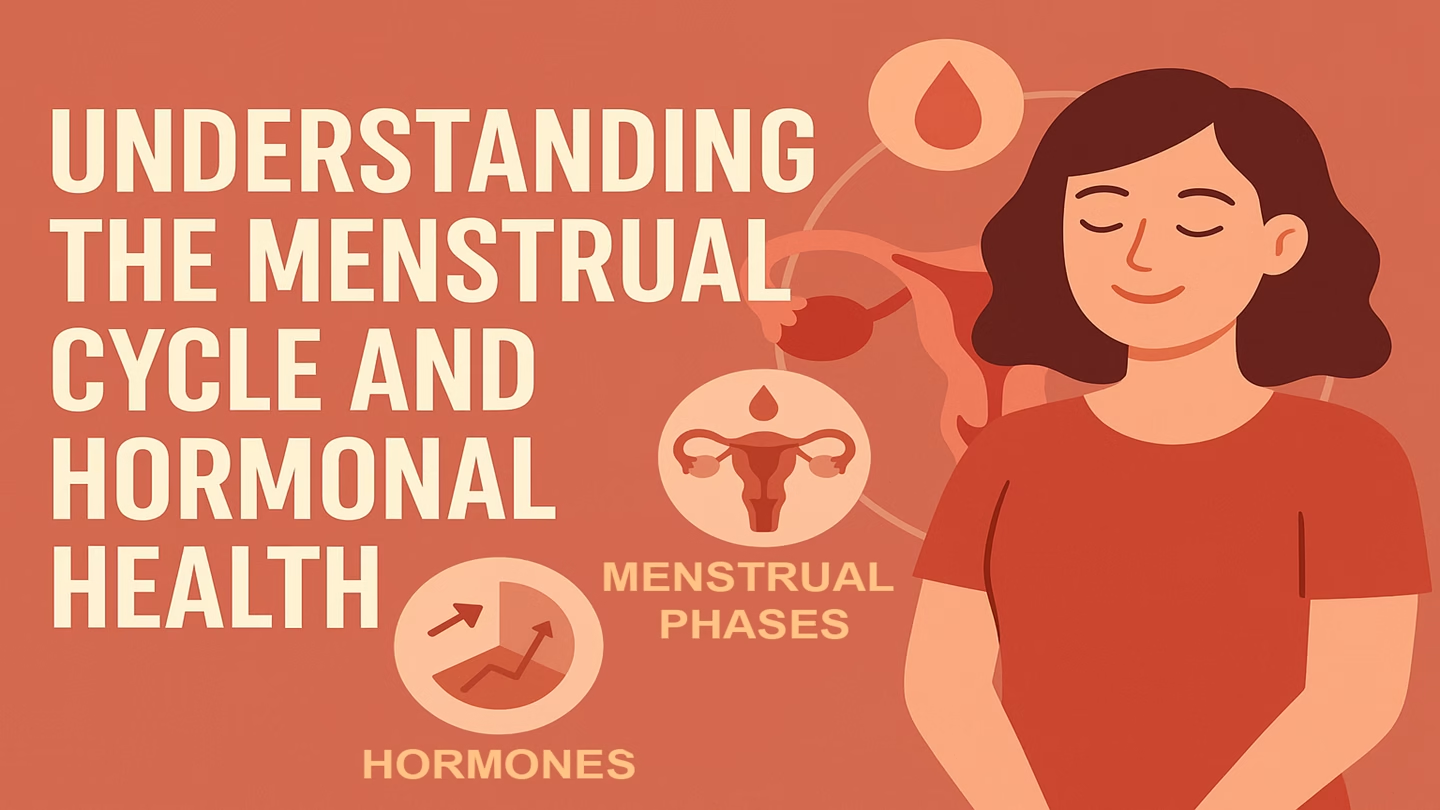
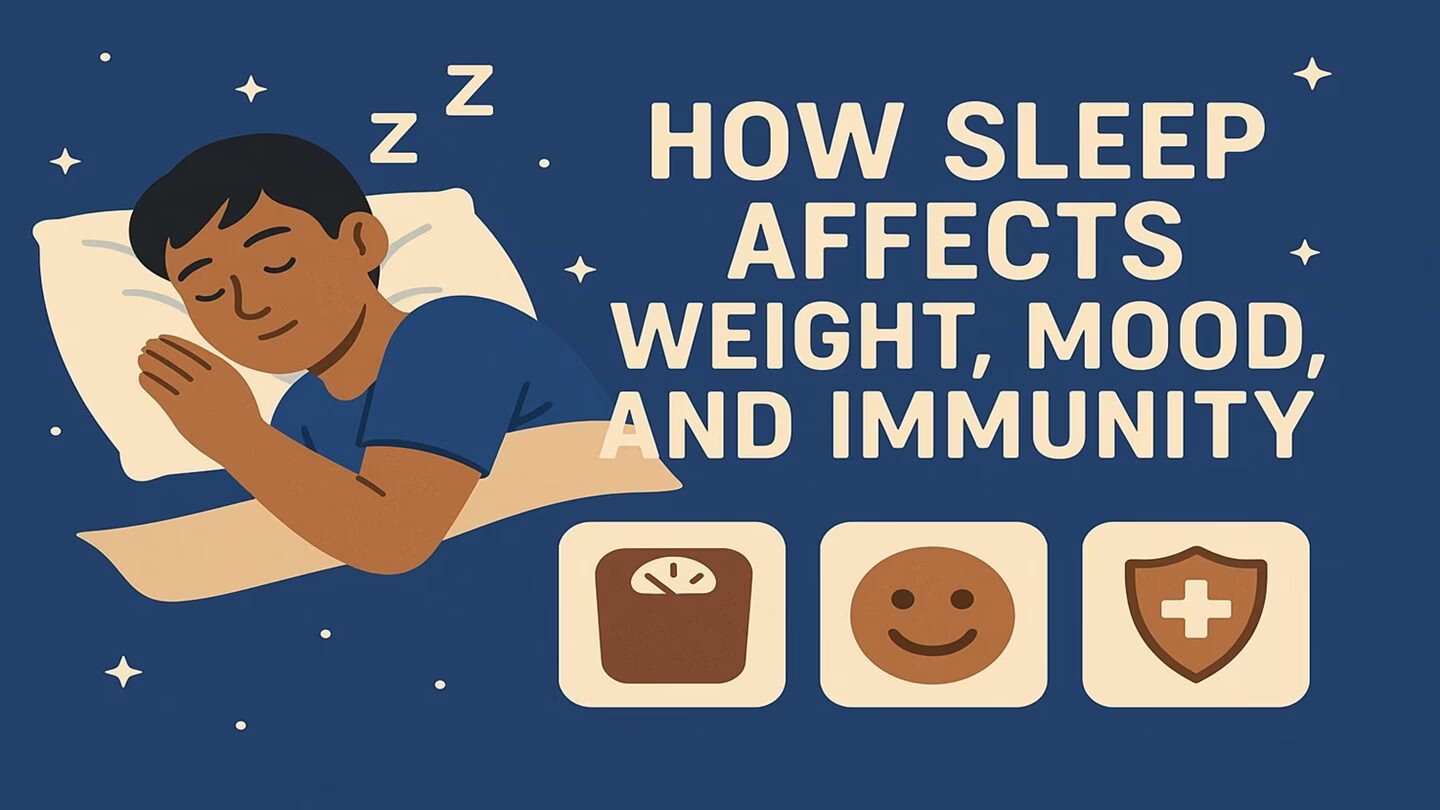
Add comment